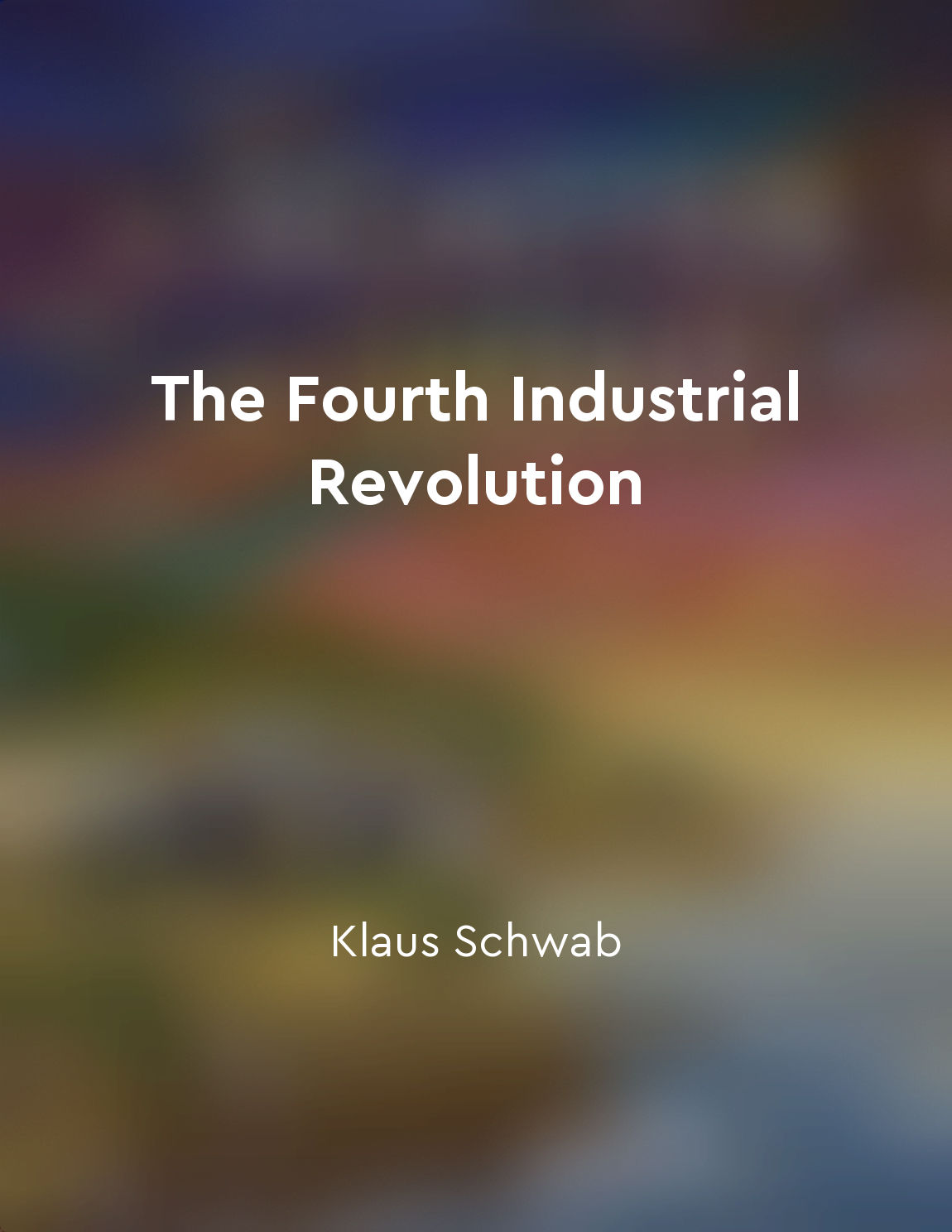Education must evolve to prepare future generations for the challenges and opportunities ahead from "summary" of The Fourth Industrial Revolution by Klaus Schwab
The rapidly advancing technologies of the Fourth Industrial Revolution are reshaping the world as we know it. From artificial intelligence to biotechnology, these innovations are revolutionizing industries and societies across the globe. In order to thrive in this new era, it is imperative that our education systems evolve to adequately prepare future generations for the challenges and opportunities that lie ahead. Traditional education models, with their focus on memorization and rote learning, are ill-equipped to equip students with the skills required in the Fourth Industrial Revolution. Instead, we need to shift towards a more dynamic and flexible approach to education that emphasizes creativity, critical thinking, and adaptability. Students must be encouraged to think outside the box, to question the status quo, and to collaborate with others in order to solve complex problems. Moreover, the rapid pace of technological change means that the skills needed in the job market are constantly evolving. As such, education must be lifelong and continuous, with individuals regularly updating and acquiring new skills throughout their careers. This requires a fundamental shift in how we view education, moving away from a one-time event to a lifelong journey of learning and growth. Furthermore, the Fourth Industrial Revolution is not just about technological advancements, but also about the ethical and social implications of these technologies. As such, education must also focus on developing a strong moral compass and a sense of social responsibility in students. They must be taught to consider the broader impact of their actions and decisions on society and the environment.- The Fourth Industrial Revolution presents both challenges and opportunities for future generations. In order to thrive in this new era, education must evolve to equip students with the skills, mindset, and values needed to navigate the complexities of the modern world. By embracing creativity, critical thinking, adaptability, and a lifelong learning mindset, we can ensure that future generations are well-prepared to succeed in the Fourth Industrial Revolution and beyond.


